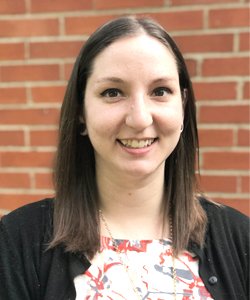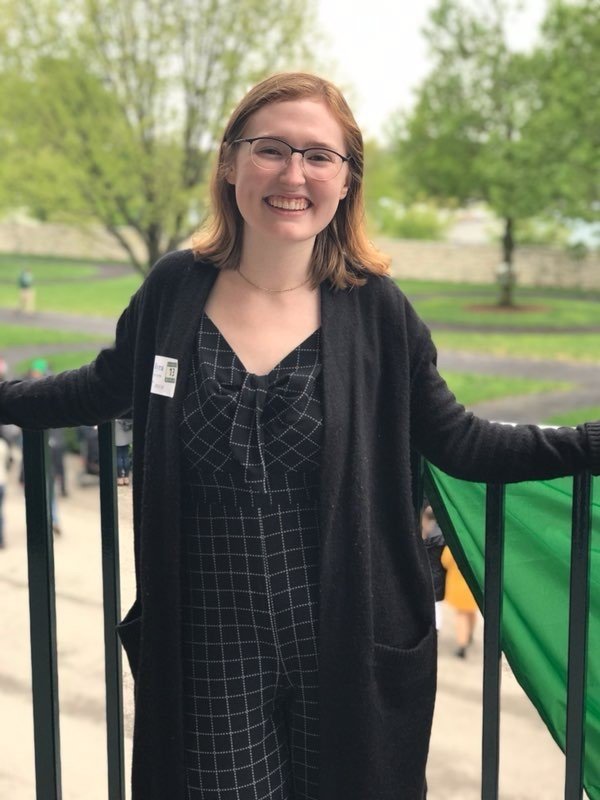Tag: Student Spotlight
-

Graduate Certificate Student Spotlight: Chelsea Gibbs
Chelsea Gibbs began working in the disability field by chance and fell in love with it, which led to her pursuing a Master’s in Music Therapy and enrolling in the […]
-

Universal Design Student Spotlight: Kyra Seevers
Kyra Seevers, who describes herself as a lifelong learner, is a senior at the University of Kentucky majoring in Computer Science with a minor in Sociology. She works with the […]